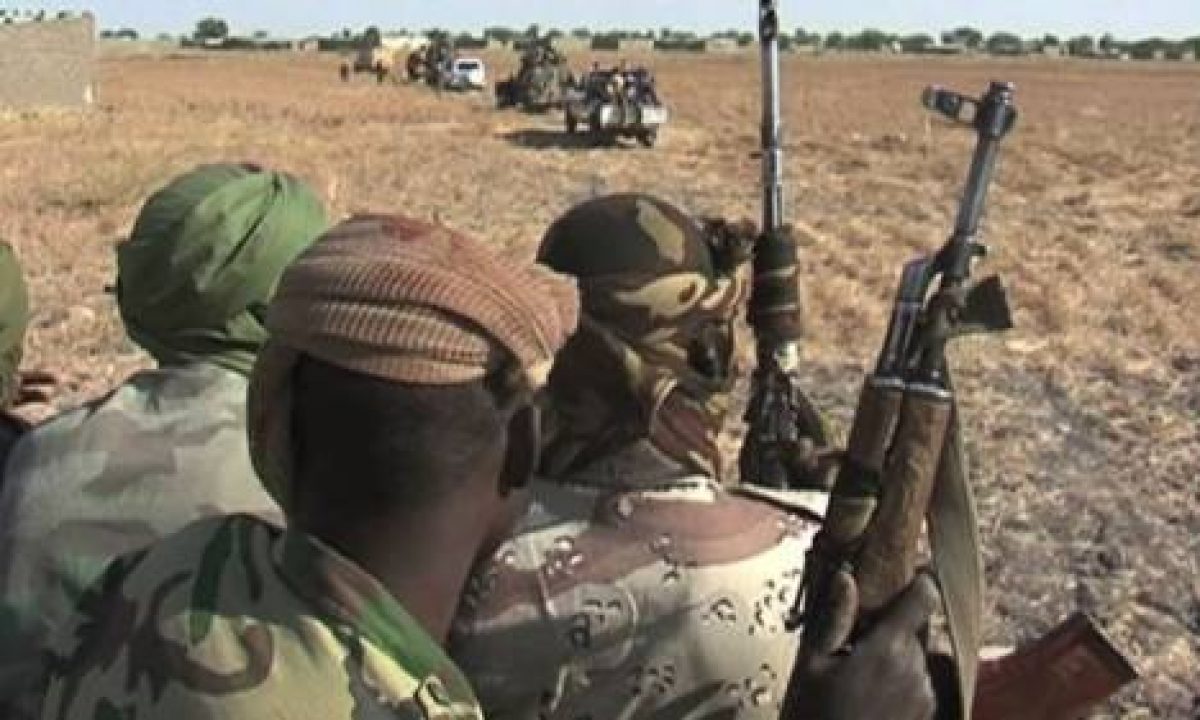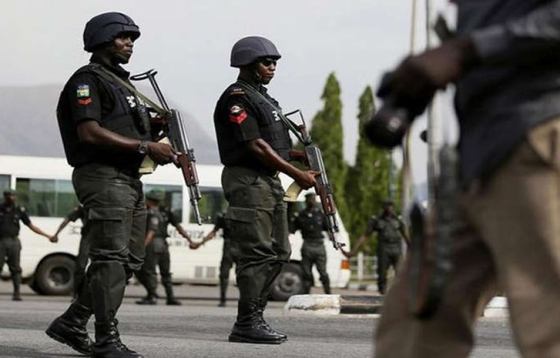Nigeria’s Federal Executive Council, FEC, on Thursday approved a draft 2018 budget that will now be sent to lawmakers, the Minister of Budget and National Planning said, as the government seeks to bolster growth after getting out of its first recession in 25 years.
Africa’s biggest economy emerged from recession in the second quarter, although the pace of growth was slow at just 0.55 percent compared with the same three-month period a year earlier.
The country has increased its budget each year under President Muhammadu Buhari, who took office in May 2015, in a bid to spend its way out of a downturn caused by low oil prices. But it has struggled to fund its plans fully and to increase its revenues.
“The federal executive council (cabinet) today approved a draft of the 2018 budget proposal,” Udoma Udo Udoma told reporters in the capital Abuja after the weekly ministerial meeting.
“It is the prerogative of the president to give the details of the budget to the National Assembly, not me, so be patient until he presents the budget,” he said.
Although Udoma did not disclose details of the draft budget, his ministry last week published a document that said the budget would be a record 8.6 trillion naira ($27.3 billion) in 2018, up 15.5 percent from this year.
The government has increased spending on infrastructure in recent years in an attempt to diversify the OPEC member’s oil-dependent economy. Crude oil sales supply around two-thirds of government revenue.
Analysts have said the country’s failure to meet its budget commitments in the last few years has been more significant than the size of the spending plan.
Udoma said lawmakers would approve a date for Buhari to address them and formally submit the budget.
The draft budget figures must be approved by the upper chamber of parliament before the final budget can be submitted and signed into law by Buhari.
Reuters reports that approval of the budget was delayed for months in 2016 and 2017 due to disagreements between lawmakers and the presidency, which froze the allocation of money for government projects and deepened the economic crisis in Africa’s biggest economy.
“Before now we used to submit in December but now the budget is ready in October, so there is a very big difference,” said the budget minister when asked about the government’s aim for the process to be faster than in previous years.





